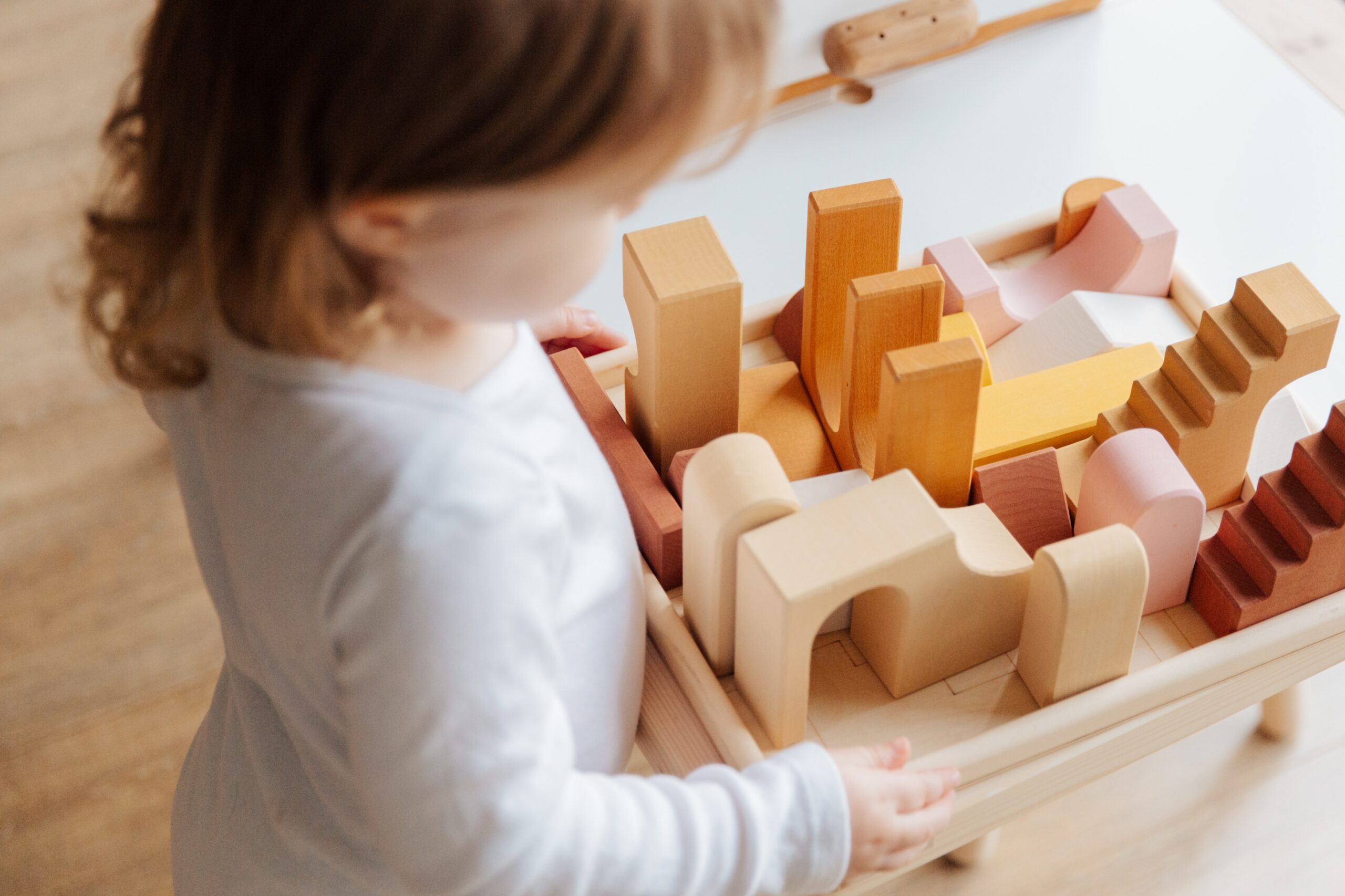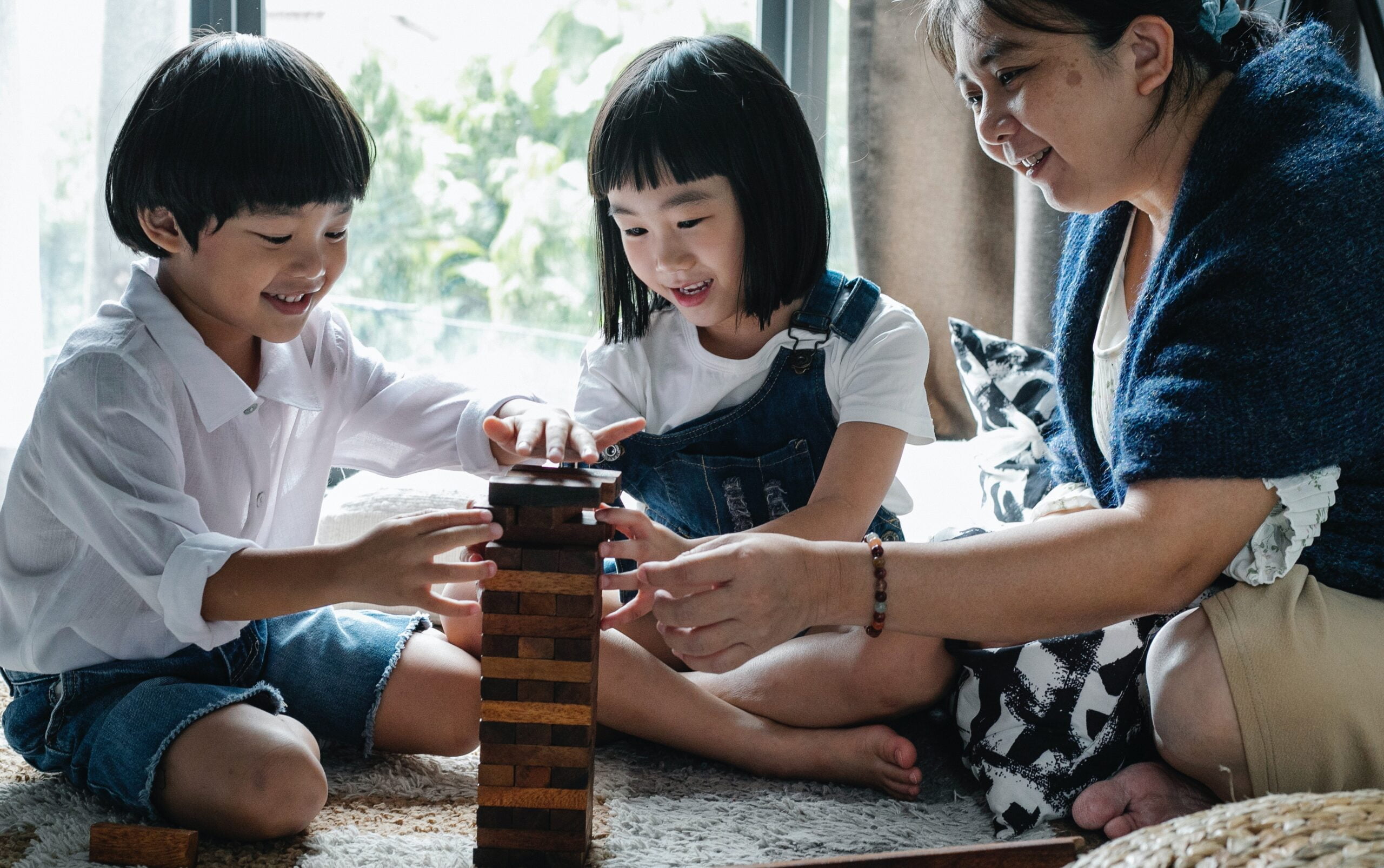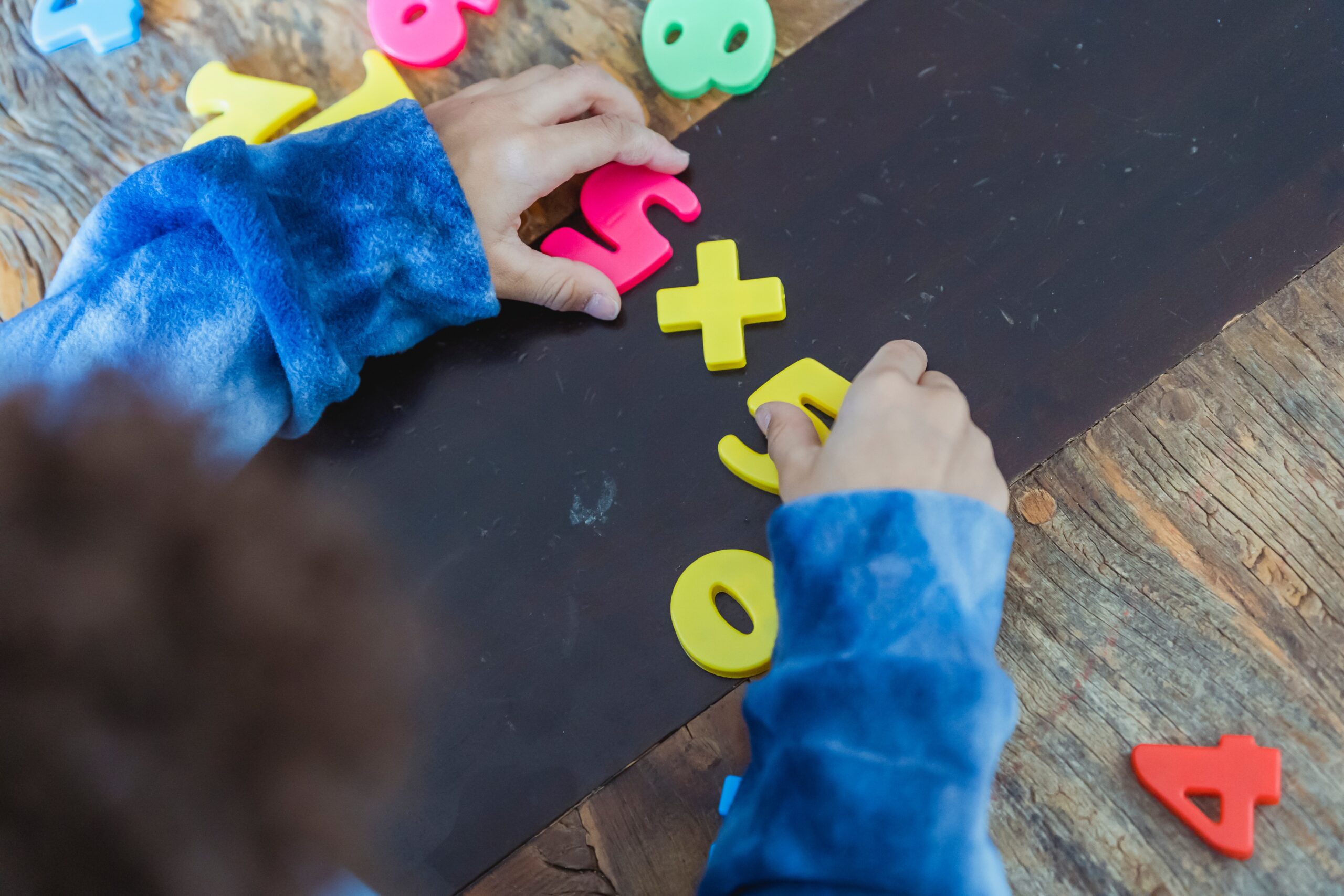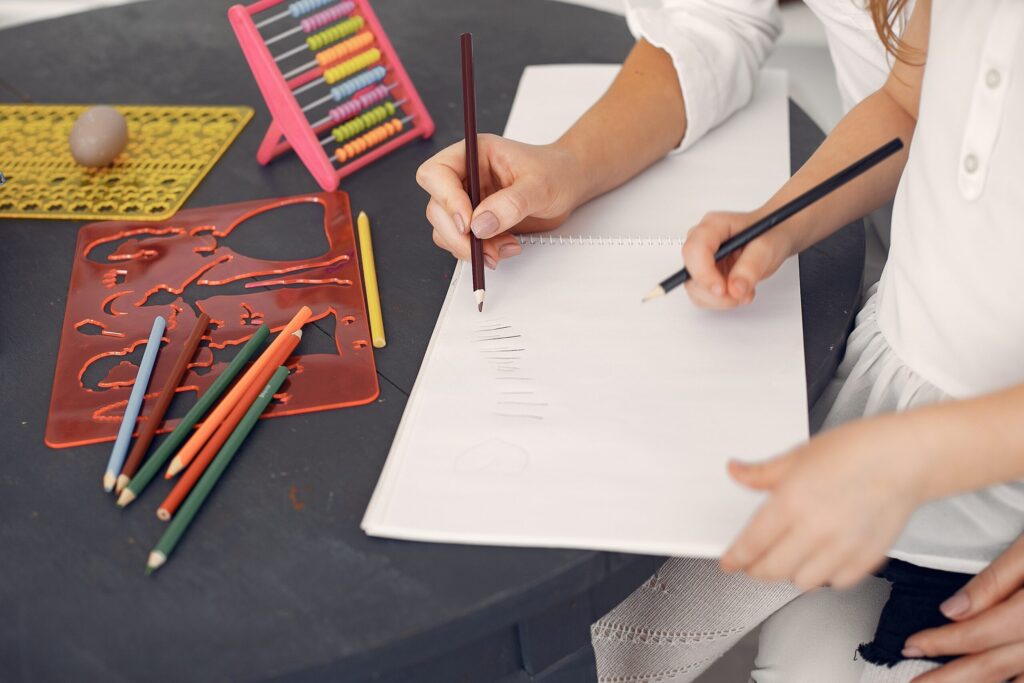No products in the cart.
All Blogs
The Benefits of Puzzles in Early Childhood Development
Puzzles are more than just a fun activity for children; they offer significant benefits to early childhood development. Completing puzzles helps to develop a child’s hand-eye coordination, spatial awareness, and problem-solving skills. When children work on puzzles, they must manipulate and fit different pieces together, which helps to improve their fine motor skills and hand dexterity. Additionally, puzzles help to promote cognitive development by requiring children to use their memory, attention, and concentration to complete the task.
As they work on more complex puzzles, children also develop their critical thinking and reasoning abilities. Overall, puzzles are an excellent tool for promoting early childhood development, and parents and caregivers should encourage their children to engage in this activity regularly.
Enhancing Motor Skills and Hand Dexterity through Puzzles

Puzzles are a fantastic tool for enhancing motor skills and hand dexterity in children. When a child is completing a puzzle, they must manipulate and fit pieces together with their fingers, which helps to develop their fine motor skills and hand-eye coordination. As they work on puzzles, children also learn how to grasp and hold objects, improving their hand dexterity and strength.
Puzzles come in many different shapes and sizes, which makes them an excellent tool for developing a child’s tactile perception. The varying sizes and shapes of puzzle pieces require children to use different grasping and pinching techniques, helping to refine their motor skills further.
Completing puzzles also helps to develop a child’s visual perception and tracking skills. When children are working on puzzles, they must use their eyes to locate the correct pieces and track their progress as they work towards completing the puzzle.
Overall, puzzles are an engaging and interactive way to promote the development of a child’s motor skills and hand dexterity. They offer numerous benefits beyond being a fun activity, making them an excellent investment in a child’s early development.
The Cognitive Benefits of Completing Puzzles in Early Childhood

Completing puzzles is an excellent activity for children, offering numerous cognitive benefits for their early childhood development. Puzzles require children to use their memory, attention, and concentration to complete the task, improving their cognitive abilities. Completing a puzzle requires a child to think about the pieces, their shape, and the picture they are trying to form. This develops their spatial awareness and helps to develop their visual-spatial reasoning skills.
Puzzles also help to develop a child’s problem-solving skills. When working on a puzzle, children must think critically about how different pieces fit together and find a solution to complete the puzzle. This type of critical thinking can help children in other areas of their lives, such as in school or in social situations.
Completing puzzles also helps to improve a child’s patience and persistence. Puzzles can be challenging, and children must be patient as they work to complete them. This skill is important in other areas of life, such as schoolwork or learning a new skill.
In conclusion, the cognitive benefits of completing puzzles in early childhood are numerous. Puzzles help to develop a child’s spatial awareness, problem-solving skills, patience, and persistence. Parents and caregivers should encourage children to engage in this activity regularly to promote healthy cognitive development.
Promoting Problem-Solving and Critical Thinking Skills with Puzzles

Puzzles are a fantastic tool for promoting problem-solving and critical thinking skills in children. When children work on puzzles, they must use trial and error to figure out which pieces fit together and how they fit together. This process helps to develop their problem-solving skills, as they must analyze the situation and determine the best course of action.
Completing puzzles also requires critical thinking skills. Children must use their logic and reasoning abilities to determine which pieces fit where and how to complete the puzzle. As they work on more complex puzzles, they learn to think critically and develop their ability to think outside the box.
In addition to promoting problem-solving and critical thinking skills, puzzles also help to improve a child’s patience and perseverance. Completing a puzzle requires time and effort, and children must learn to stick with the task and not give up when they encounter challenges.
Overall, puzzles are an excellent tool for promoting problem-solving and critical thinking skills in children. Parents and caregivers can encourage their children to engage in this activity regularly to help them develop these essential skills
How Puzzles Help to Develop Spatial Awareness in Children

Spatial awareness is an essential skill that allows individuals to understand their environment and interact with it effectively. Spatial awareness helps children to navigate their surroundings, visualize shapes and sizes, and understand how objects relate to one another. One of the best ways to promote spatial awareness in children is through puzzle play.
Puzzles require children to manipulate and fit different pieces together to form a complete picture. As they work on the puzzle, they must analyze the shapes and sizes of each piece and determine where it fits in the overall picture. By completing puzzles, children develop their spatial reasoning skills and learn to visualize and manipulate objects in their minds.
Playing with puzzles also helps children to understand how objects relate to one another in space. They learn to recognize patterns and understand how different parts fit together to create a whole. This knowledge is essential for future learning in fields such as math, science, and engineering.
Overall, puzzles are a fantastic tool for promoting spatial awareness in children. By engaging in puzzle play regularly, children can develop their spatial reasoning skills, visualize objects and shapes, and understand how different parts fit together to create a whole.

